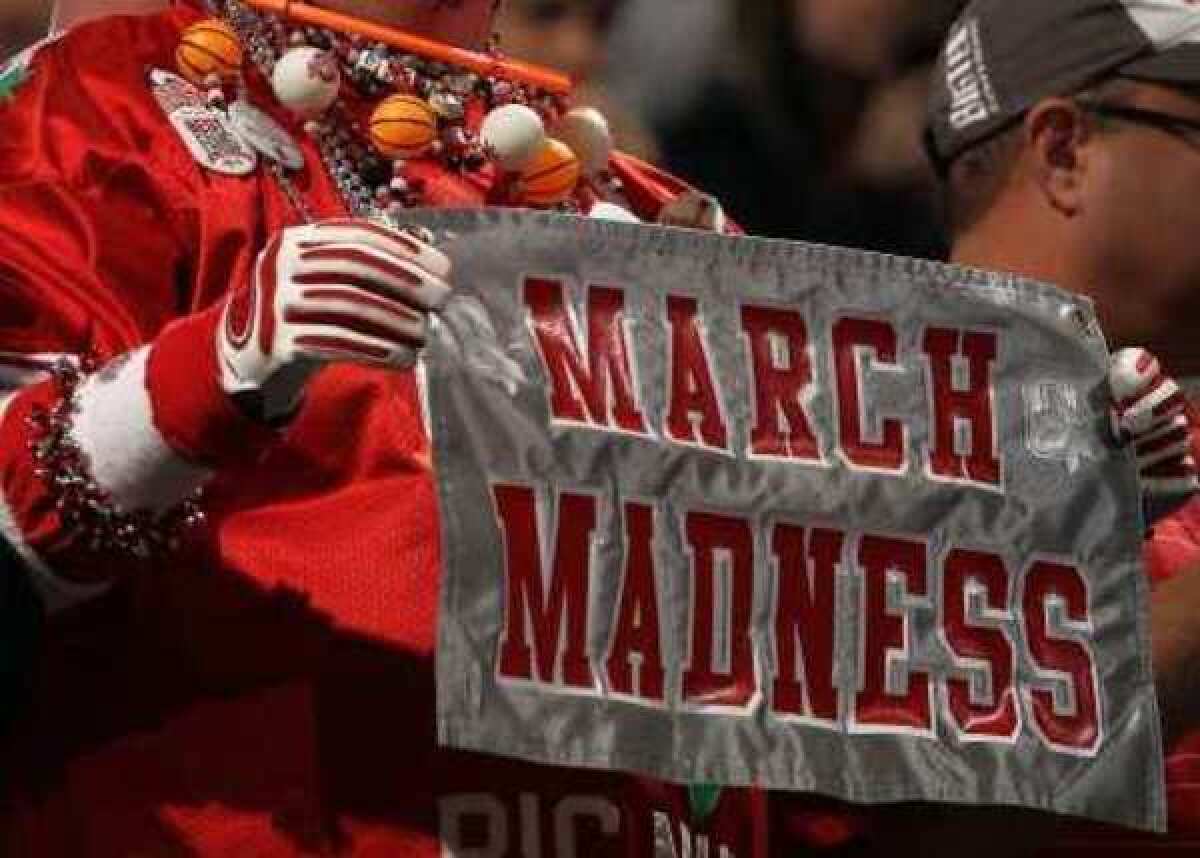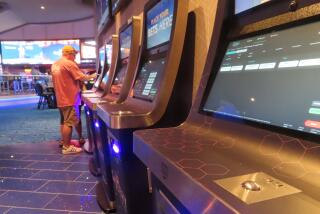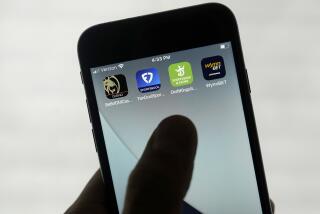March Madness: Distracted workers, illegal gambling, loss of sleep

March Madness starts this week and there’s a lot of money at stake, including more than $1 billion in wages paid to distracted workers and $2.5 billion in illegal bets.
The NCAA basketball tournament will suck 90 minutes out of each workday for 2.5 million workers, according to a report from employment consulting firm Challenger, Gray & Christmas.
If last year is any indication, employers will pay out $175 million in wages to workers who are sneaking peeks at games online, checking scores or managing office pool brackets during the first two days of the tournament, according to Challenger.
The surreptitious sports-watching could even slow down companies’ Internet connections, lead to lagging email response times and cause workers to take longer lunch breaks, according to Challenger.
A survey from MSN said 86% of employees will spend at least some time at work keeping track of the March Madness action. That’s up from 81% last year.
More than half of workers said they would devote at least an hour to the games during the first two days, while 6% of employees said they would take time off work to watch.
During the tournament, 58% of workers will participate in at least one pool, with more than a third of survey respondents believing that their bets will offer a better return than their 401(k) portfolios, according to MSN. March Madness generates $2.5 billion in illegal wagers each year, according to the FBI.
And many workers are also operating on one less hour of sleep due to the shift to daylight saving time -- which corresponds to an increase in time spent surfing the Web in the office, according to a study from Penn State.
So-called cyberloafing spikes the Monday after the time change because people have less self-control when they’re tired, researchers said. The “global productivity losses from a spike in employee cyberloafing are potentially staggering,” they wrote in the Journal of Applied Psychology.
But time wasted to Web surfing for March Madness “will not even register a blip on the nation’s economic radar,” said Challenger Chief Executive John A. Challenger in a statement.
“Rather than try to squash employee interest in March Madness, companies could embrace it as a way to build morale and camaraderie,” Challenger said.
RELATED:
Obama to show British leader some March Madness
Turner Broadcasting to begin charging for Madness online
Super Bowl statistics: Ad spots, sick days and supermodels







